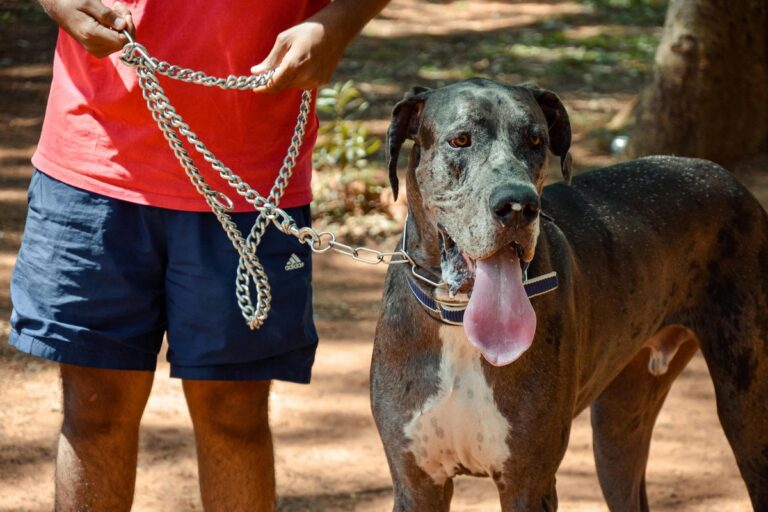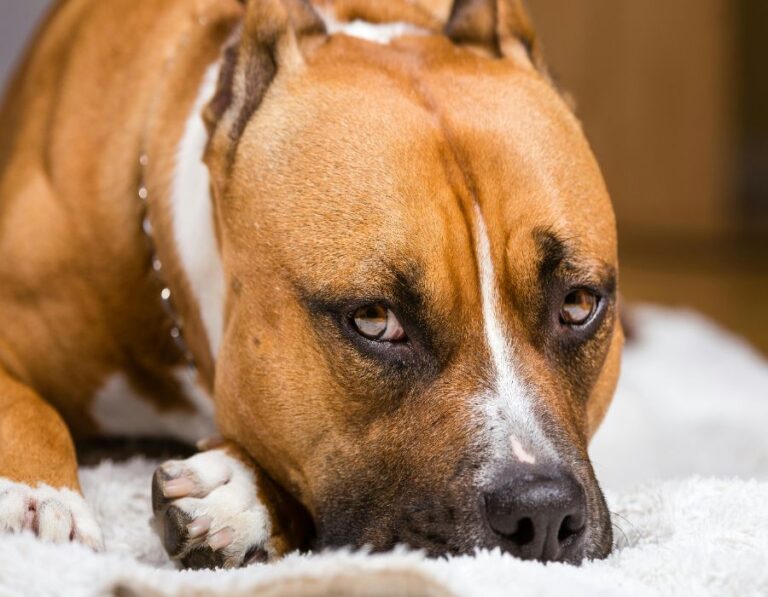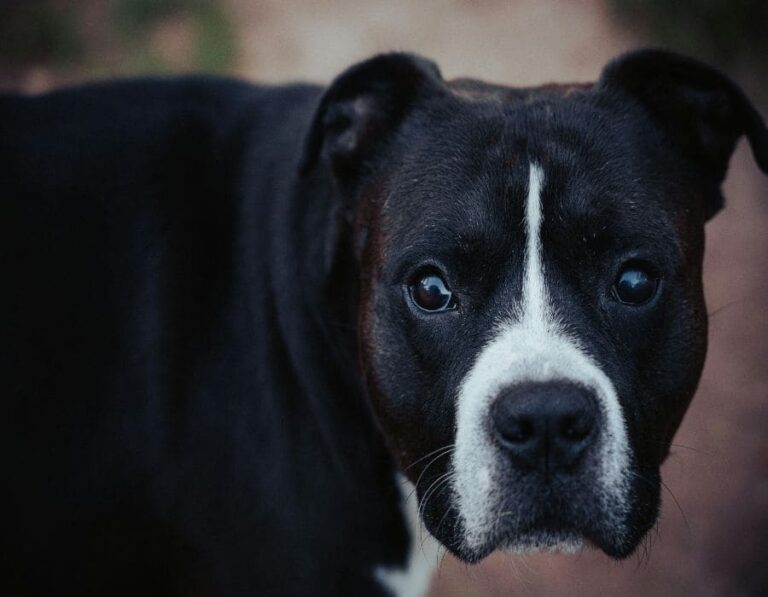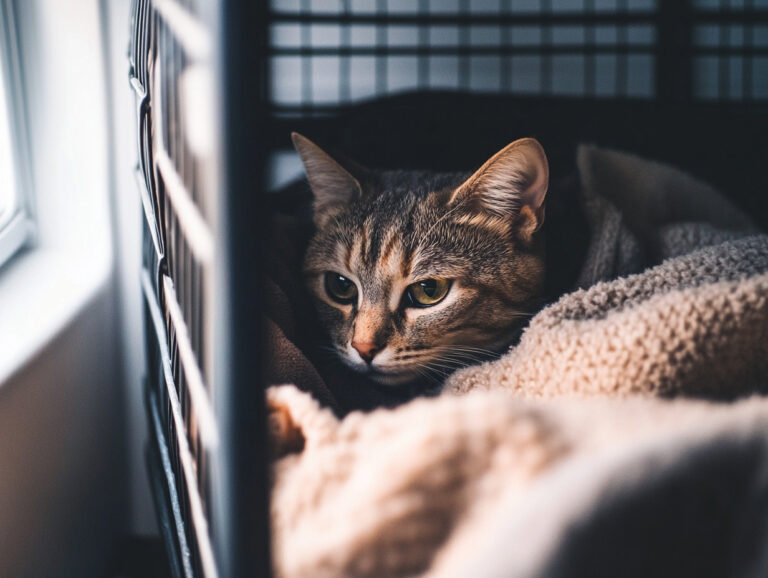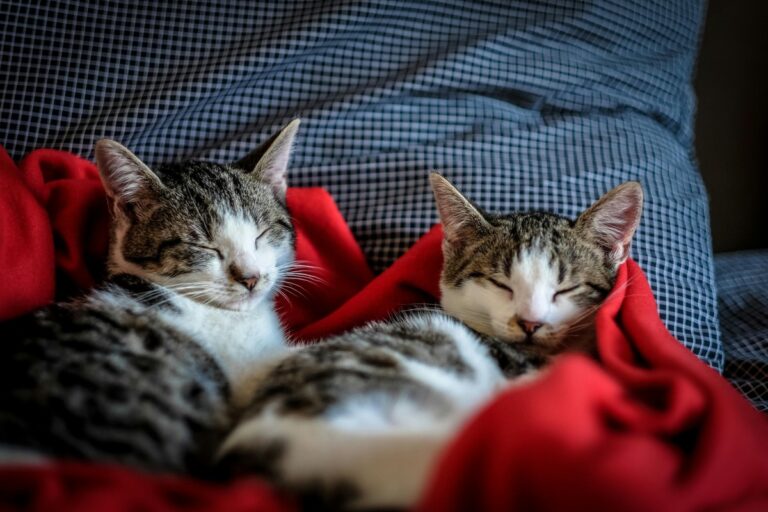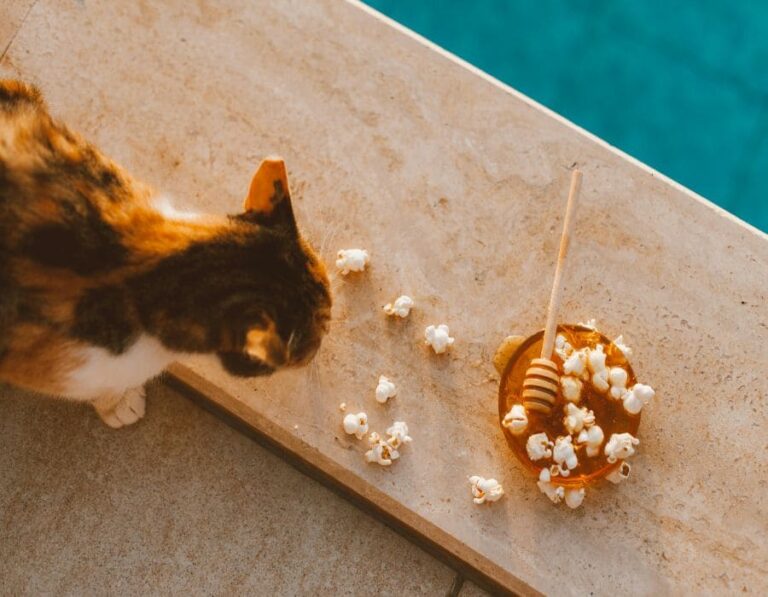7 Reasons Why You Shouldn’t Bury Your Cat in Your Yard
Losing a cat is a deeply emotional experience, and many owners feel comforted by the idea of keeping their beloved companion close by burying them in the yard. While the sentiment is understandable, there are serious concerns—legal, environmental, and practical—that make backyard burials a risky decision. Here are 7 reasons why you shouldn’t bury your cat in your yard, no matter how peaceful it might seem.
1. It Might Be Illegal

Many local laws and ordinances prohibit or restrict home pet burials, especially in urban or suburban areas. Depending on your location, burying a cat in your yard could violate public health regulations and result in fines. Always check with local authorities before considering burial.
2. Risk of Chemical Contamination

If your cat was euthanized, their body may contain chemicals such as pentobarbital, a powerful drug used to induce peaceful death. These substances remain in the body and can leach into the soil or harm scavenging animals that might disturb the grave.
3. Attraction of Wildlife and Scavengers

Cats, even in death, can attract animals like raccoons, foxes, coyotes, or dogs. These scavengers may dig up shallow or loosely packed graves, exposing remains and creating a deeply distressing situation for the family.
4. Contamination of Soil and Water

A pet’s body decomposing in the ground can release bacteria and other pathogens into the surrounding soil and potentially into groundwater. This poses a risk to your garden, local ecosystem, and even nearby wells or water systems.
5. Future Property Issues

If you sell your home, future owners may not appreciate a buried animal on the property—or worse, they may accidentally disturb the burial during landscaping or construction. This could turn your emotional resting place into a practical and emotional conflict.
6. Inadequate Burial Conditions

Proper burial requires deep digging, specific containment, and safe placement—something that’s difficult to guarantee in most backyards. Factors like rocky soil, tree roots, flooding, or erosion can all compromise the burial site, potentially leading to exposure or contamination.
7. Safer, More Dignified Alternatives Exist

Cremation is a safe and respectful way to honor your cat, allowing you to keep their ashes in a memorial urn or scatter them in a meaningful place. Pet cemeteries also offer dignified burial options with legal protections and lasting peace of mind.
Choosing a Safer Goodbye

While it may seem like a loving act to bury your cat at home, the risks often outweigh the comfort. Legal restrictions, environmental dangers, and the potential for disturbance make backyard burials less ideal than they seem. Thankfully, there are compassionate, safe alternatives that allow you to honor your cat’s life without putting your home or other animals at risk. In the end, saying goodbye is never easy—but it should always be done with care and foresight.


